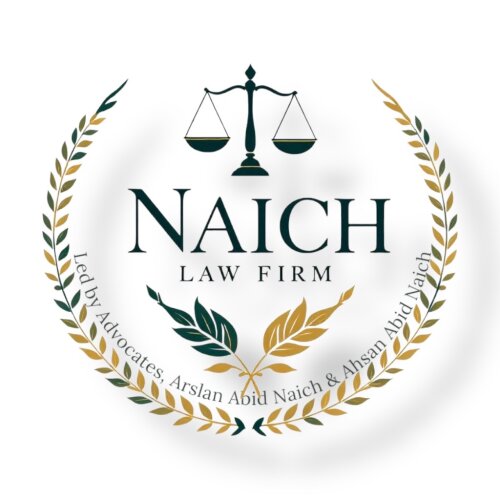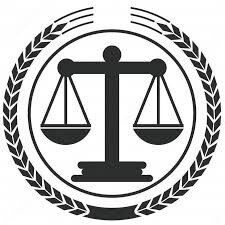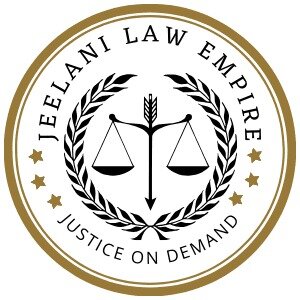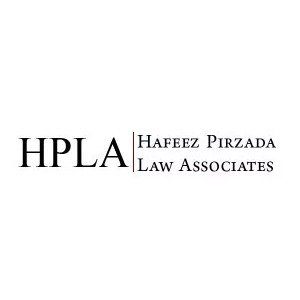Best Civil Rights Lawyers in Karachi
Share your needs with us, get contacted by law firms.
Free. Takes 2 min.
List of the best lawyers in Karachi, Pakistan
About Civil Rights Law in Karachi, Pakistan
Civil Rights law in Karachi, Pakistan refers to the legal framework that protects the fundamental rights and freedoms of individuals within the city. These rights are guaranteed by the Constitution of Pakistan and various national and international laws.
Why You May Need a Lawyer
There are several situations where you may require legal help in Civil Rights cases in Karachi, Pakistan. Some common scenarios include:
- Discrimination based on religion, race, gender, or disability
- Violation of freedom of speech, expression, or assembly
- Harassment or abuse by law enforcement authorities
- Unlawful arrests, detainment, or imprisonment
- Infringement upon property rights
Local Laws Overview
In Karachi, Pakistan, civil rights are protected primarily through the following laws:
- The Constitution of Pakistan, specifically Article 8, which ensures the protection of fundamental rights
- The Pakistan Penal Code
- The Code of Criminal Procedure
- The Sindh Rented Premises Ordinance, which protects the rights of tenants
Frequently Asked Questions
1. What should I do if I believe my civil rights have been violated?
If you believe your civil rights have been violated, it is important to gather evidence and document the incident. Consult with a lawyer experienced in civil rights cases in Karachi to understand your legal options and take appropriate action.
2. How long do I have to file a civil rights case in Karachi, Pakistan?
The statute of limitations for civil rights cases in Karachi is usually three years. It is advisable to consult with a lawyer as soon as possible to understand the specific time constraints applicable to your case.
3. Can I file a civil rights case on my own, without a lawyer?
While it is possible to file a civil rights case in Karachi without a lawyer, it is highly recommended to seek legal representation. Civil rights cases can be complex, and a knowledgeable lawyer can provide valuable guidance and increase your chances of a successful outcome.
4. How long does a civil rights case usually take to resolve?
The duration of a civil rights case can vary depending on its complexity, the court's caseload, and other factors. Some cases may be resolved within months, while others can take several years. Your lawyer can provide a more accurate estimate based on the specifics of your situation.
5. Are there any organizations or agencies in Karachi that provide free legal assistance for civil rights cases?
Yes, there are several organizations and agencies that offer free or low-cost legal assistance for civil rights cases in Karachi. Some notable organizations include the Human Rights Commission of Pakistan (HRCP) and the Legal Aid Office under the Sindh Judicial Academy. These organizations can guide you in finding suitable legal representation.
Additional Resources
For further information and assistance regarding Civil Rights in Karachi, Pakistan, you may find the following resources helpful:
- Human Rights Commission of Pakistan (HRCP) - hrcp-web.org
- Legal Aid Office (Sindh Judicial Academy) - sindhjudicialacademy.gos.pk/legal-aid-office
- Pakistan Lawyers' Council (PLC) - pakistanlawyerscouncil.org
- National Commission for Human Rights Pakistan (NCHR) - nchr.org.pk
Next Steps
If you require legal assistance in Civil Rights in Karachi, Pakistan, it is crucial to consult with an experienced lawyer as soon as possible. They will evaluate your case, explain your rights, and guide you through the legal process. Be prepared to provide any relevant documentation and evidence to support your claim. Remember, timely action can help protect your civil rights and seek appropriate remedies.
Lawzana helps you find the best lawyers and law firms in Karachi through a curated and pre-screened list of qualified legal professionals. Our platform offers rankings and detailed profiles of attorneys and law firms, allowing you to compare based on practice areas, including Civil Rights, experience, and client feedback.
Each profile includes a description of the firm's areas of practice, client reviews, team members and partners, year of establishment, spoken languages, office locations, contact information, social media presence, and any published articles or resources. Most firms on our platform speak English and are experienced in both local and international legal matters.
Get a quote from top-rated law firms in Karachi, Pakistan — quickly, securely, and without unnecessary hassle.
Disclaimer:
The information provided on this page is for general informational purposes only and does not constitute legal advice. While we strive to ensure the accuracy and relevance of the content, legal information may change over time, and interpretations of the law can vary. You should always consult with a qualified legal professional for advice specific to your situation.
We disclaim all liability for actions taken or not taken based on the content of this page. If you believe any information is incorrect or outdated, please contact us, and we will review and update it where appropriate.

















